It's no secret that the target audience of online stores is growing every year, outstripping the usual retail trade. Is it easier for people to order the product they need in an online store, having previously compared prices with other stores, and wait for a courier? than to leave the house, take the purchase home. Especially considering the conditions of self-quarantine that have been created recently. Moreover, everyone can become the owner of such a profitable business, the main thing is to choose the optimal CMS. The editorial staff of the site "bestx.htgetrid.com/en/" offers you an overview of the best CMS for online stores for 2020.
Content
What is the CMS system for?

The abbreviation CMS translates as content management system. To explain what it is, it is worth starting with a short historical background. The first "web programmers" to create websites using HTML, CSS, in order to create a one-page site, required:
- Write structured code using a text editor;
- Using the same editor, in another file, write the shell, the appearance of the site (CSS);
- Upload both files to hosting (virtual memory);
- Upload content to hosting (photo, audio);
- Check the performance of the resulting.
When creating each new page, these types of operations are repeated from the first to the last item. Of course, this type of layout was laborious, ineffective and not suitable for large projects. However, it was suitable for beginners, inexperienced layout designers. Then other programs, JAVA, PHP began to be involved in the layout process in order to create feedback plugins connected to the site, to make flash animation. It was on the basis of these programs that they began to create engines (cores) that already had their own structure, skeleton, with all the codes, and the loading of content, the creation of subsequent pages was semi-automatic. But writing a separate core for each new site was a laborious process, not suitable for newbies. Therefore, the development of the design of Internet resources went along two paths. For those who found it difficult to master even the tag - the markup was done website builders, for those who have a more advanced level of knowledge of layout - CMS. Thus, the creation of sites was simplified as much as possible, and Internet marketing moved to a new stage of development. After all, now everyone could become the owner of such a store.
What is better for online trading, CMS or constructor?
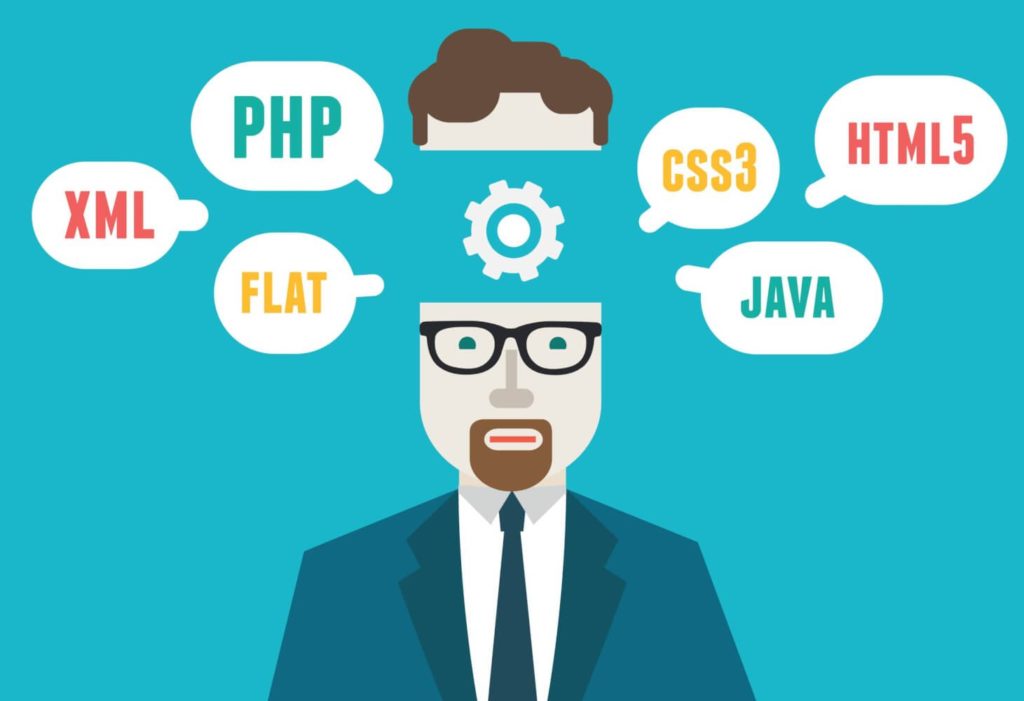 Each option has its own personal list of pros and cons.
Each option has its own personal list of pros and cons.
Advantages of the constructor:
- Accessibility for beginners;
- The minimum amount of investment;
- Fast content loading;
- High speed of work.
Disadvantages:
- Terms of use imply that copyright, all content on the site belongs only to the administration;
- Upgrading external, internal, adding plugins, third-party codes is limited;
- Disdainful attitude from visitors, large companies;
- Limited opportunities for SEO promotion, especially if the site has a domain name of the third type.
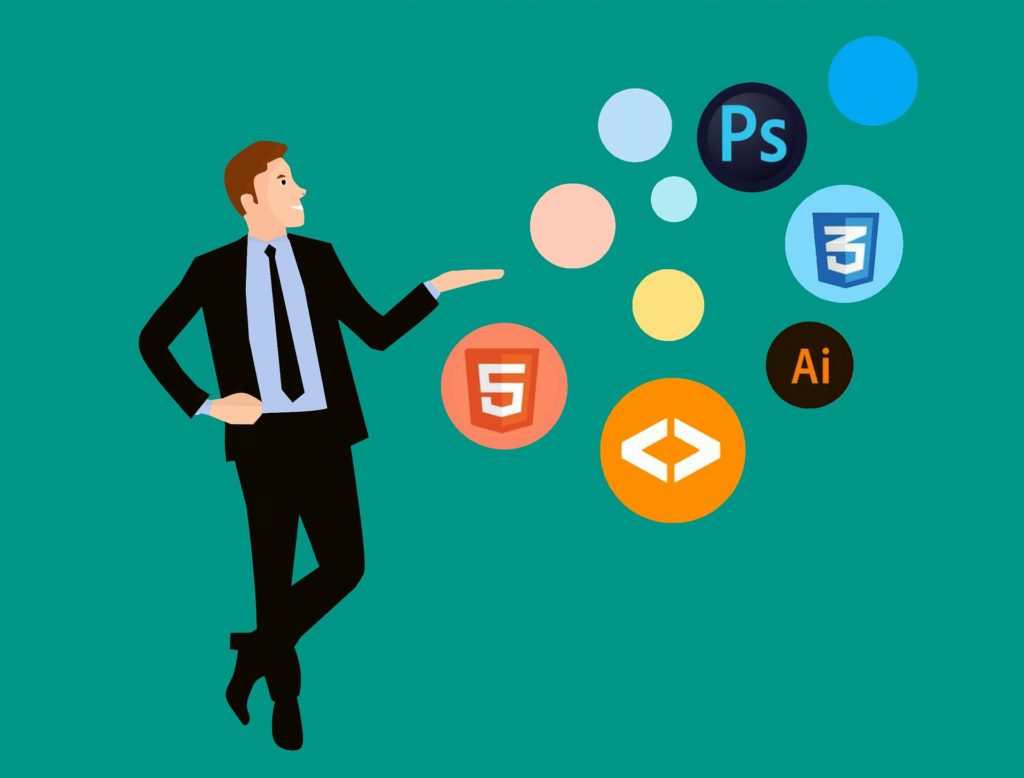
The popularity of CMS engine models lies in the following advantages:
- Wide, all-round possibility of external modernization, creation of an individual, unique design;
- Domain, store content belongs to the owner by default;
- Content is easy to transfer from one hosting to another, or to another domain;
- Friendly attitude from search engines;
- Most of the engines are free;
- Responsive design works correctly;
- Advanced functionality capable of processing a large amount of information, for example, calculating the target audience (CA) of the portal.
But the list of cons here is also rather big:
- The average price of paid engines, according to buyers, is high;
- Setting up a store can take from a couple of weeks to a couple of months;
- For experienced users, without knowledge of a certain level, it is impossible to properly configure the kernel;
- If the development is undertaken by a user without the required level of knowledge, then the power of the CMS will be low;
- Additional plugins, as a rule, are connected, configured separately.
Considering all of the above, we can confidently say that the designer is an ideal solution for those who value ease of installation, but for e-commerce projects, the best price-quality ratio is still in the control system.
What control systems are there?
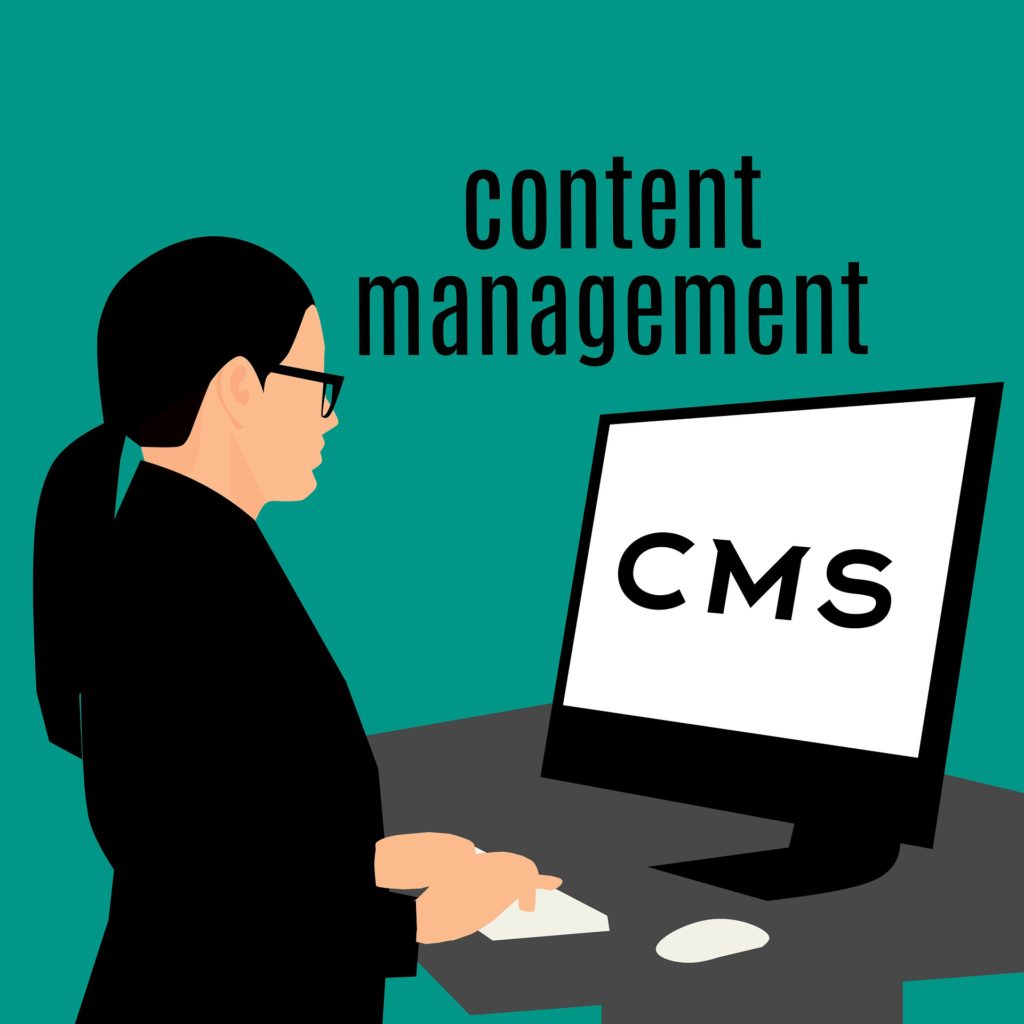
All CMS are divided into two categories, open source, free, and those whose code is closed, paid. At the same time, paid ones may have so-called premium access, which provide additional functionality for a fee. In addition, a paid engine is always provided with technical support from its developers, which allows, for example, avoiding mistakes when choosing the add-on you need to the market. Platforms are also subdivided into autonomous for static resources and dynamic, with the help of which portals are developed that have an interactive response.
How to choose a future platform for a store? Main parameters to consider:
- The ability to connect additional plugins;
- Integration with marketing services;
- Complexity of installation;
- User friendliness of the interface;
- The cost of the platform as a whole.
What should a novice trader with a limited budget look for ?! He should not consider complex systems that require the participation of a team of designers, programmers. After all, the long-term work of this team will require large investments. A platform with the function of bulk loading of goods, their descriptions, integrated with 1C, Warehouse modules, will be useless if the volume of the store's turnover is small. But you just can't do without an online payment module, since the overwhelming majority of purchases through your market will be carried out in this way.
And lastly, small, budget stores can be created on your own, armed with a video tutorial program on the kernel of your choice and with the help of programs such as:
- Sizer - a utility that shows how the site looks on screens of various sizes;
- FileZilla - helps to work with FTP servers;
- Notepad ++, Sublime Text - test editors;
- Denwer - helps when creating a local server without an Internet connection, and during debugging PHP components;
- Adobe Dreamweaver - visual layout of sites, however, separate video tutorials are required to work with the program;
- Adobe Photoshop is a popular graphics editor;
- Adobe Illustrator - editor for vector images;
- Advego Plagiatus is a utility that evaluates the uniqueness of an article text; it can be ordered online from a rewriter or copywriter.
The same is done with the main condition for the payback, profitability of the store - its promotion. Promotion of an online store can be ordered either through a freelance specialist or from a company. Of course, in the latter case, in addition to the question of which company would prefer to promote your portal, the question of price will arise. But here there is a guarantee of the result, which loners cannot always "boast" of. Or, as an option, study SEO optimization, systems for increasing portal views on your own.
Rating of the best CMS for online stores for 2020
Free
1C Bitrix
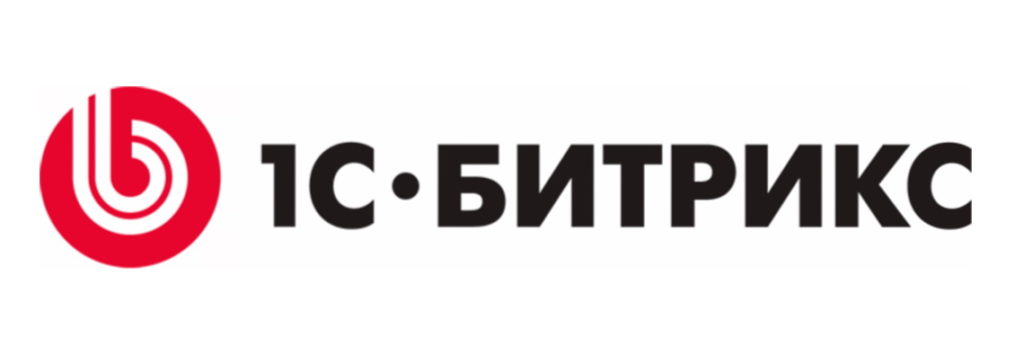 The rating of high-quality free CMS is topped by the site, whose price category is more shareware than free in its pure form. This system is considered one of the most popular in the CIS, and among domestic developments it is undoubtedly the most famous. The best manufacturers of goods and services use this model to create their portals, stores, as it allows you to efficiently implement all assigned tasks at a professional level. And all thanks to a wide system of settings, functionality of scripts. With their help, one online market can be given access to use by several persons with varying degrees of administration. A wide instrumental profile has been built in, including both SEO website promotion and analytical collection of information.
The rating of high-quality free CMS is topped by the site, whose price category is more shareware than free in its pure form. This system is considered one of the most popular in the CIS, and among domestic developments it is undoubtedly the most famous. The best manufacturers of goods and services use this model to create their portals, stores, as it allows you to efficiently implement all assigned tasks at a professional level. And all thanks to a wide system of settings, functionality of scripts. With their help, one online market can be given access to use by several persons with varying degrees of administration. A wide instrumental profile has been built in, including both SEO website promotion and analytical collection of information.
Advantages:
- A wide range of individual settings;
- Support for other 1C products;
- Implemented the ability to install your own scripts, codes;
- Regular update of available versions;
- Reliable degree of security;
- Flexible interface, database with user interface, allowing you to adapt the site for any request.
Disadvantages:
- A large team of specialists is required to implement all the inherent opportunities;
- The paid version is more expensive than similar ones with closed source;
- For a business with large financial turnover, small and medium-sized enterprises are not suitable;
- Hosting an installation must have certain characteristics;
- Paid scripts often have unnecessary functions, but come along with other utilities necessary for the user.
Joomla!
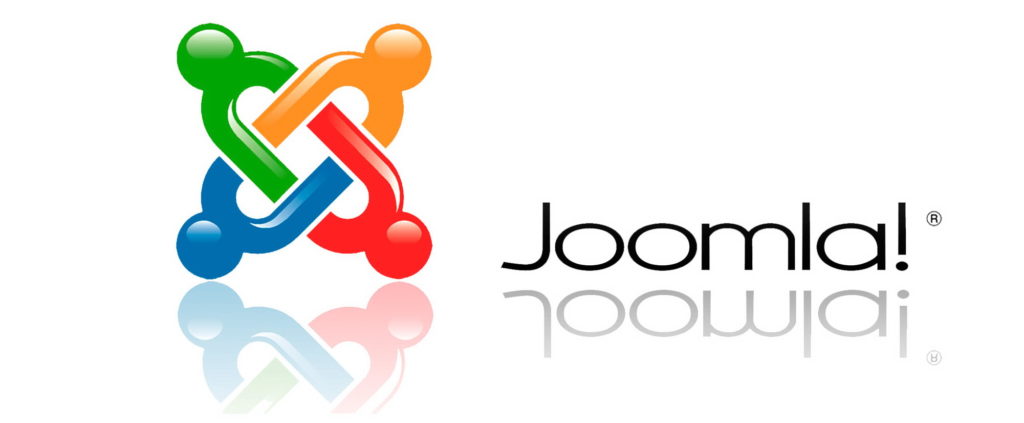
Another CMS that has earned the best user reviews, thanks to the wide range of options for upgrading the base platform for specific tasks. What it is? For example, for online stores there is a virtuemart plugin that allows you to fully work with products, their description cards, product characteristics, recommendations of related sections or categories. Realtors will be interested in the K2 add-on, which works with real estate. Moreover, the easiest tasks can be implemented independently, "armed" with only a small amount of knowledge. However, simple, small tasks are best implemented on a different, less complex platform.
Advantages:
- Easy to set up;
- Multifunctionality with the help of which a site of any structure is made up;
- Quick connection of self-made plugins;
- An excellent selection of external skins, paid, free;
- Constant version updates;
- Completely free;
- The network has a variety of training material on the topic of working with Joomla.
Disadvantages:
- The capacity of the resource directly depends on the complexity of the task;
- Creating a simple business card sometimes takes as much time as a complex portal;
- The control panel requires certain skills;
- Sometimes copies of pages are created, which complicates the optimization process;
- The security system is poor.
WordPress
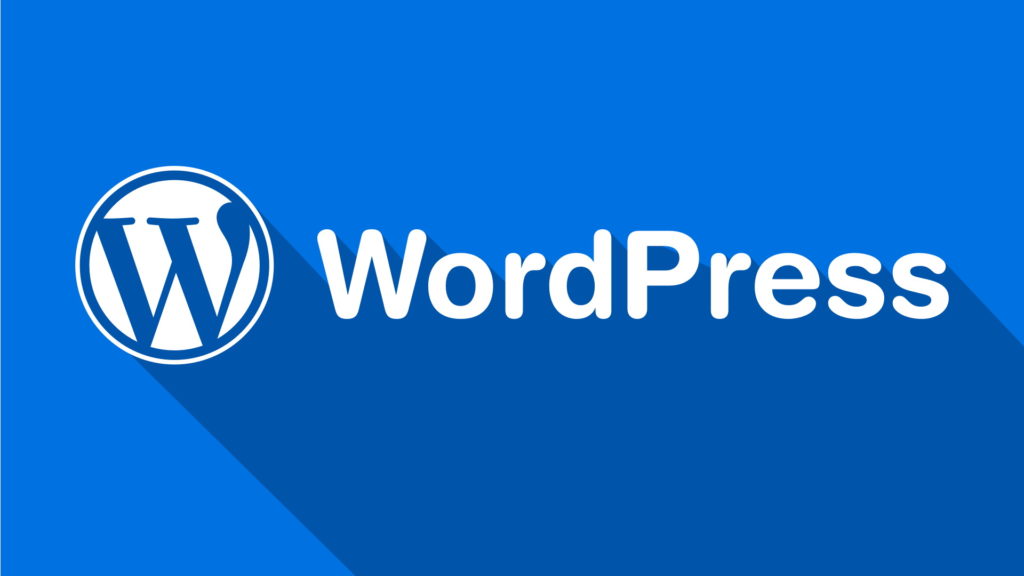
The main advantage of this TOP platform is that its infrastructure can be easily changed for external user tasks. Often, the first acquaintance with WP begins by constructing an author's blog, then "getting their hands on" they create portals more and more difficult. So the user independently comes to the online store, because there are a huge number of lessons, forums dedicated to WP, so it is much easier to study it than analogues. Captivates so the possibility of external changes to the blog, the form on WP without any changes to the content. Buttons, headers, and the arrangement of blocks change, but the content does not require administration. Therefore, if your selection criteria are simple and reliable, then WP is ideal for these requirements.
Advantages:
- Completely free for the price;
- Many templates from simple to responsive;
- WP skins support popular mobile technology models;
- Friendly, simple, easy to learn interface;
- A wide range of already operating systems;
- Support for most hosting;
- There are built-in SEO promotion applications.
Disadvantages;
- Low level of security of open source information (a common disadvantage of all open systems);
- There is no technical support from the administration, you have to look for outside help;
- The simplest content adjustments, administration requires special plugins;
- Not for online stores with a lot of pages, otherwise the engine's power drops dramatically.
MODX
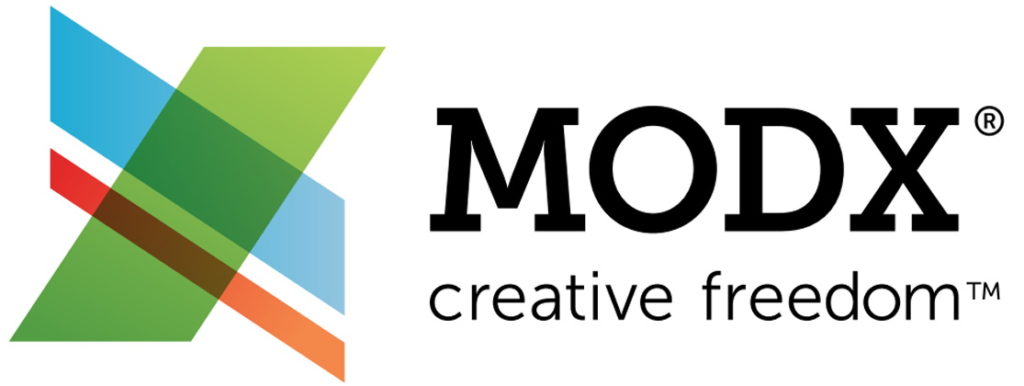
Our review concludes with a dynamically developing platform that conquers the hearts of users around the world day by day. Suffice it to say that the core is being developed with the help of two teams, a development group, such a model with a Minishop2 component is called Revo and a user team called Evo. The developer company offers to purchase hosting immediately. However, the advice of experienced users is that it is better to purchase inexpensive third-party services with a more democratic pricing policy. The description of the platform would not be complete, if not to mention its "clean" code, which is the company's own development. This allows you to promote the acquired stores through search engines with greater success than competitors.
Advantages:
- The possibility of deep modernization of the code structure;
- Comprehensive support in Russian;
- Large circle of admirers;
- Completely free.
Disadvantages:
- Serious knowledge of layout and programming is required.
Paid
Brane
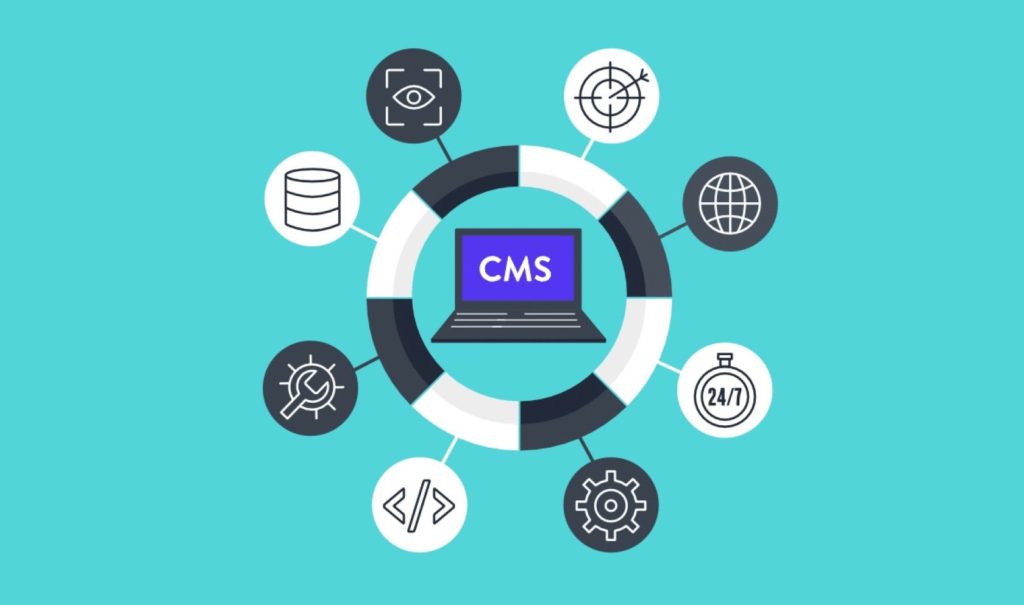
The novelties of the paid in the environment of paid engines are presented by an interesting engine with an intuitive interface. That is why setting up, working with product cards, settings is simple and does not require much time. Among the advantages are a large selection of appearance shells, reliable operation, connection of various e-commerce systems.
Advantages:
- Good selection of outer shells;
- Reliable security;
- Decent technical support;
- Friendly interface.
Disadvantages:
- The layout does not follow a template, which excludes the entry level;
- No free trial period;
- The mobile version needs to be developed separately.
SHOP-SCRIPT

The main feature of SS is two-level control, which has earned the recommendation of a wide range of users. The first, visual level is for beginners whose knowledge of content administration is minimal. The second is a more advanced level, the work on which takes place directly through the code editor. Thus, SS perfectly combines the simplicity of the constructor with the functionality of the paid engine. The content itself is stored either on the cloud or hosted by the company, the second method is more expensive. The engine is interesting by the integration through mobile applications. Using them, you can connect payment systems, administer remotely. Alas, the main disadvantage is the cost of SS ownership, from 20,000 rubles without the necessary scripts. Therefore, if the question of how much a CMS costs is relevant, it is better to take a closer look at other sites.
Advantages:
- Built-in analytics;
- A wide range of plugins to help the seller work;
- Administration is possible by a user without experience of such work.
Disadvantages:
- Deep change requires highly specialized programmers.
InSales
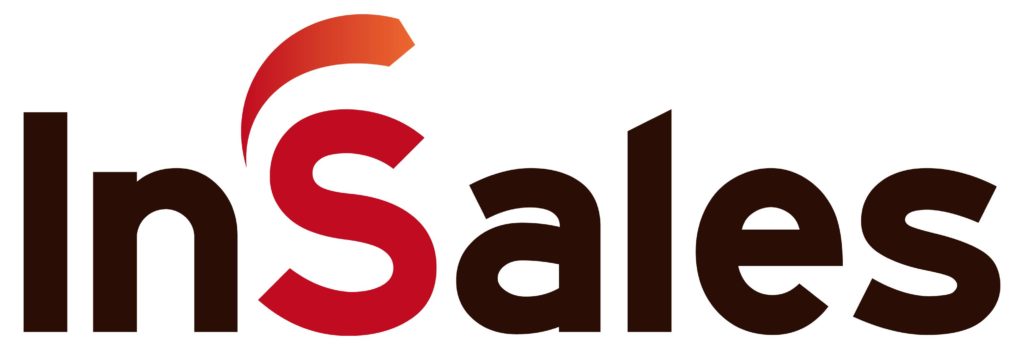
The advantage of this site is its own hosting. That is, pre-configured hosting was required for the placement of the cores listed above. Here, after the purchase, the buyer buys a store that is almost ready to use without a complicated hosting setup procedure. Visitors to your market are provided with a flexible system of discounts, since the site is easily customizable for them, as well as for all kinds of promotions. Supports InSales interaction with popular Russian trading services, 1C, Yandex and others.
Advantages:
- Hosting from the manufacturer's company is provided;
- Comprehensive technical support;
- Two weeks of free trial;
- Large range of colorful templates.
Disadvantages:
- You cannot transfer the site to another hosting.
Conclusion
It is certainly difficult to list all noteworthy platforms in one article, but we tried to mention the most popular of them. If you still have questions, such as, for example, where to buy hosting, which is better to buy a tariff plan from the above paid engines, be sure to write your comments under this article.












